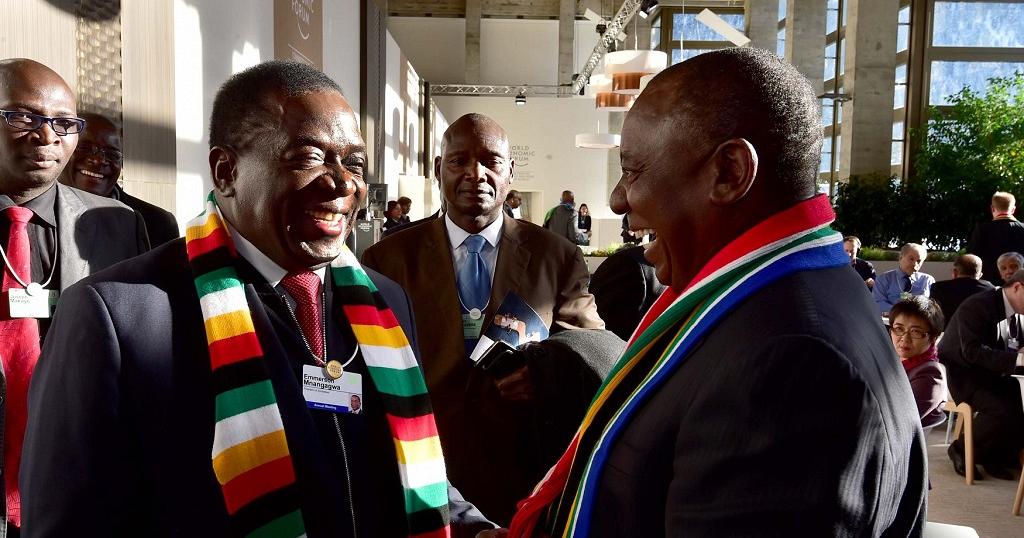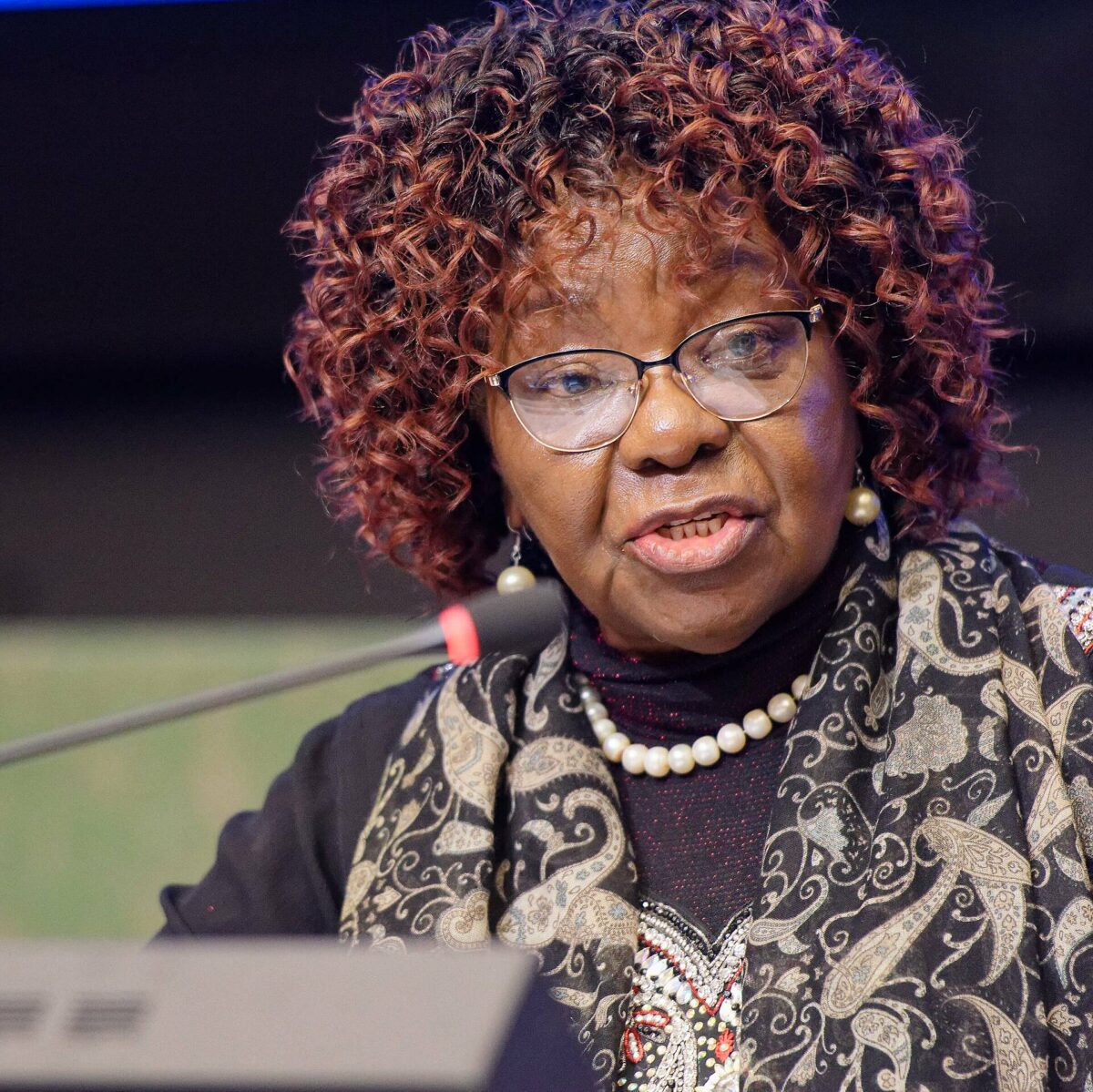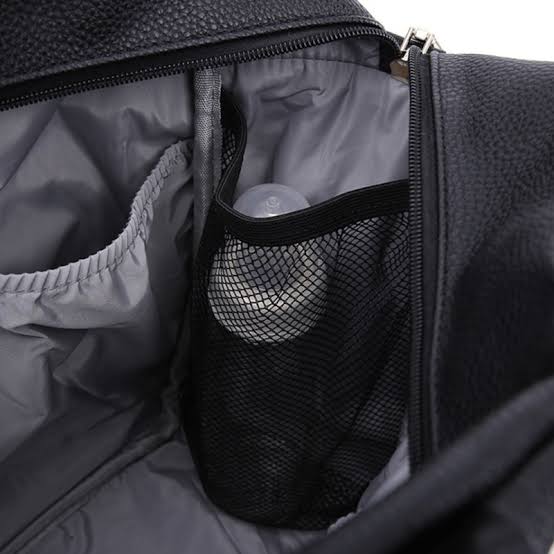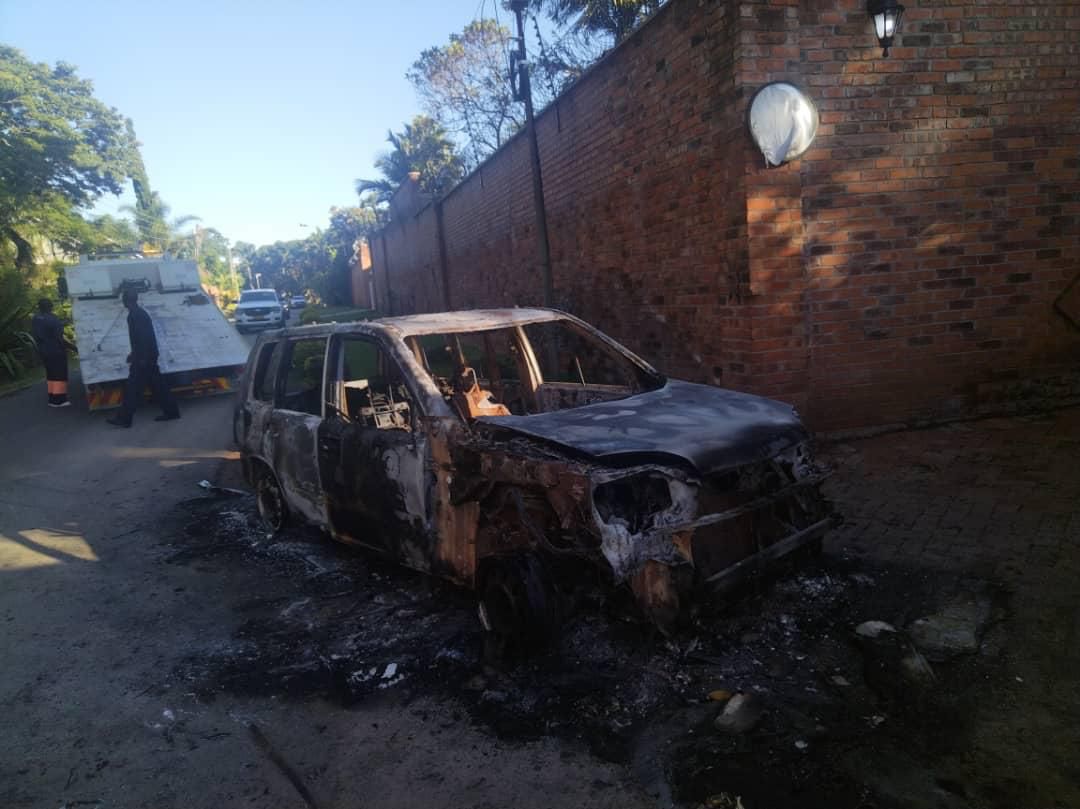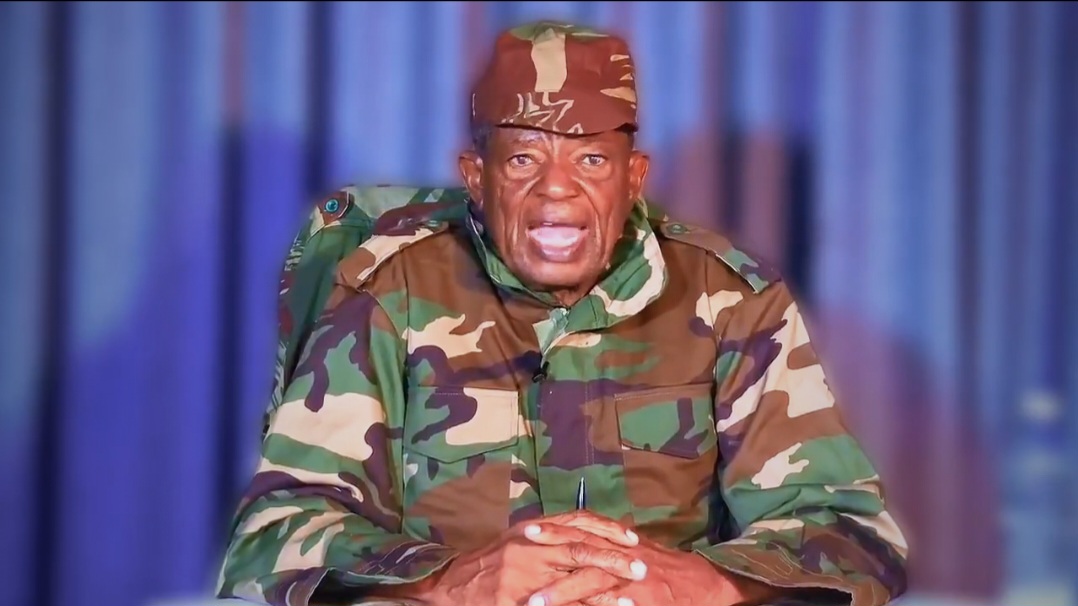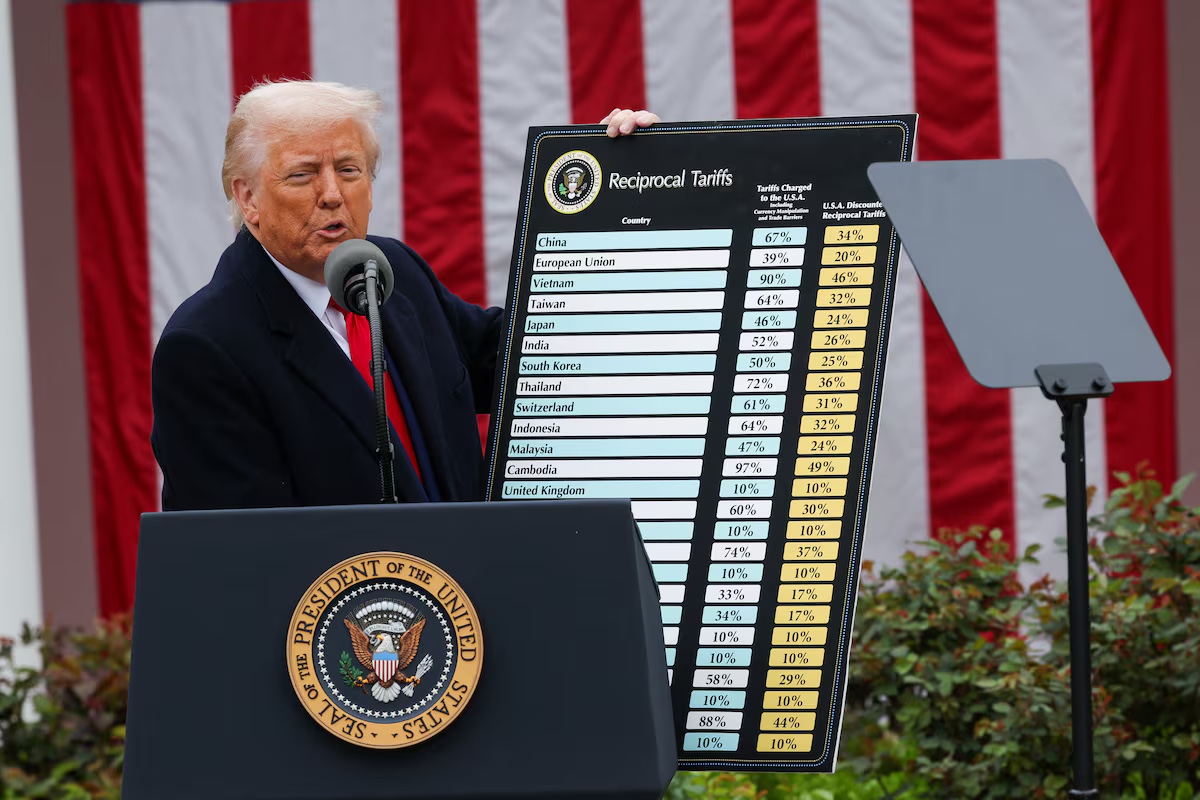HARARE – United States sanctions on Zimbabwe will be on top of the agenda when South African President Cyril Ramaphosa visits Zimbabwe on March 12 for a bi-national engagement, an official said.
South Africa’s International Relations and Cooperation Minister Lindiwe Sisulu denied they were ignoring human rights abuses in Zimbabwe, insisting they were “central to our foreign policy.”
“We are preparing for a bi-national with Zimbabwe, on March 12. Our President [Ramaphosa] will lead the delegation to Harare. I think sanctions imposed on Zimbabwe will be top of our agenda and we’re putting them across in the world, because we believe that for as long as Zimbabwe has sanctions imposed on it, the possibility of recovering from its economic woes will remain very glim and dim,” Sisulu told reporters on Tuesday.
“We have also noted the developments in Harare, following the recent protests. We have also noted all decisions taken by President [Emerson] Mnangagwa. We remain available to assist Zimbabwe, the Zimbabwe government, as we have insisted. [Anything] that is within our means and which is reasonable for us to do.
“We remain very committed to supporting its people whenever they need us. They are our neighbours, their state of peace or otherwise affects us and therefore we would like to ensure that it is a prosperous country, as it is capable of being a prosperous country.”
Sisulu said South Africa is not ignoring the widely reported concerns around human rights abuses in Zimbabwe.
A military crackdown which started on June 14 when Zimbabweans rioted over a 168 percent hike in the price of fuel decreed by Mnangagwa has left at least 14 people dead, and over 250 others injured, according to rights groups.
Opposition and union leaders, along with over 1,000 other Zimbabweans, are being tried in the courts for various offences allegedly committed during the protests.
“Human rights are central. We say them in the same way that religious people say ‘amen’ at the end of a prayer. Human rights are very central to our foreign policy. They are also very central to our interaction with other countries,” Sisulu insisted.
“We used the opportunity of the SADC meeting we had on the sidelines of the African Union to ask the President of Zimbabwe to explain to us, as SADC members, what is happening in Zimbabwe. That should indicate to you the extent of our concern to understand what is happening in Zimbabwe, and what we as a sub-region can do to assist, to ensure that there is normality there.”
It is not clear if Ramaphosa will be meeting opposition leader Nelson Chamisa to try and kick-start a political dialogue between Mnangagwa and the opposition which many hope will ease tensions in Zimbabwe.

